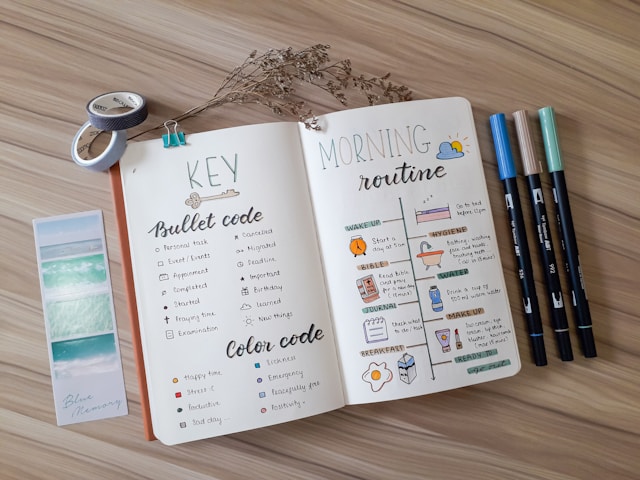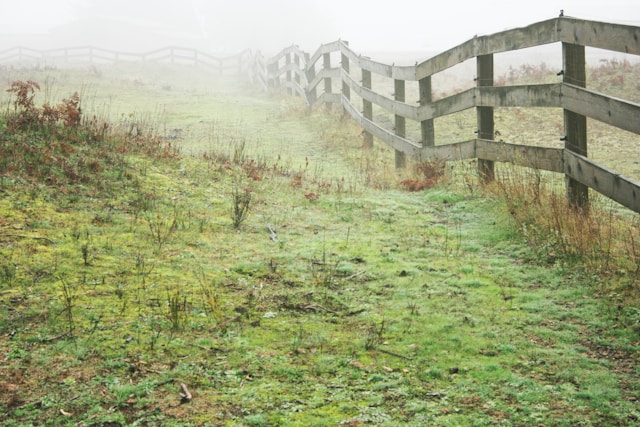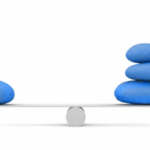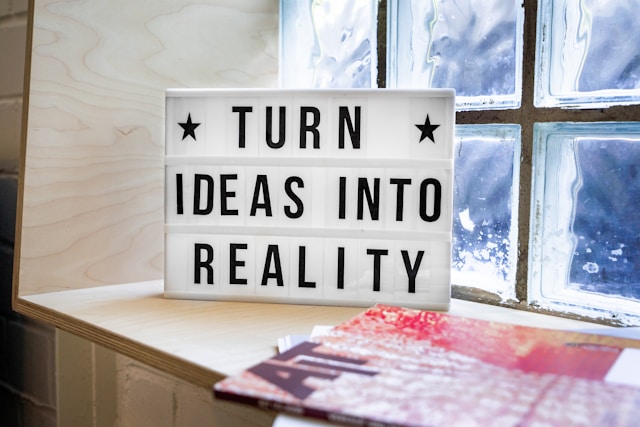It’s easy to recognize the ups and downs of life. Learning to love the plateaus in our world takes a bit more practice and patience.
—Calm App Reflection

Image from Unsplash by Neo Ngoc Khan Huyen
It’s easy to notice life’s highs and lows: the wins we celebrate, the losses we mourn. These peaks and valleys grab our attention, stir our emotions, and often become the stories we tell.
But what about the plateaus — those stretches of calm, routine, and steady progress?
We often overlook these quieter moments, mistaking them for stagnation or boredom. Yet plateaus can be powerful.
They offer us time for rest, reflection, and integration. They give us gaps in our lives to consolidate our gains and prepare for what’s next.
Learning to love the plateaus takes mindfulness, patience, and trust. It means embracing the idea that growth isn’t always dramatic — sometimes it’s subtle, internal, and slow.
EXERCISE:
Today, notice your own plateau moments and ask yourself: What quiet lessons are waiting for me to receive and appreciate?
 “Habits are first cobwebs, then cables.”
“Habits are first cobwebs, then cables.” “Before you try to increase your willpower, try decreasing the friction in your environment.”
“Before you try to increase your willpower, try decreasing the friction in your environment.” “When elephants fight, it’s the grass that suffers.”
“When elephants fight, it’s the grass that suffers.”










